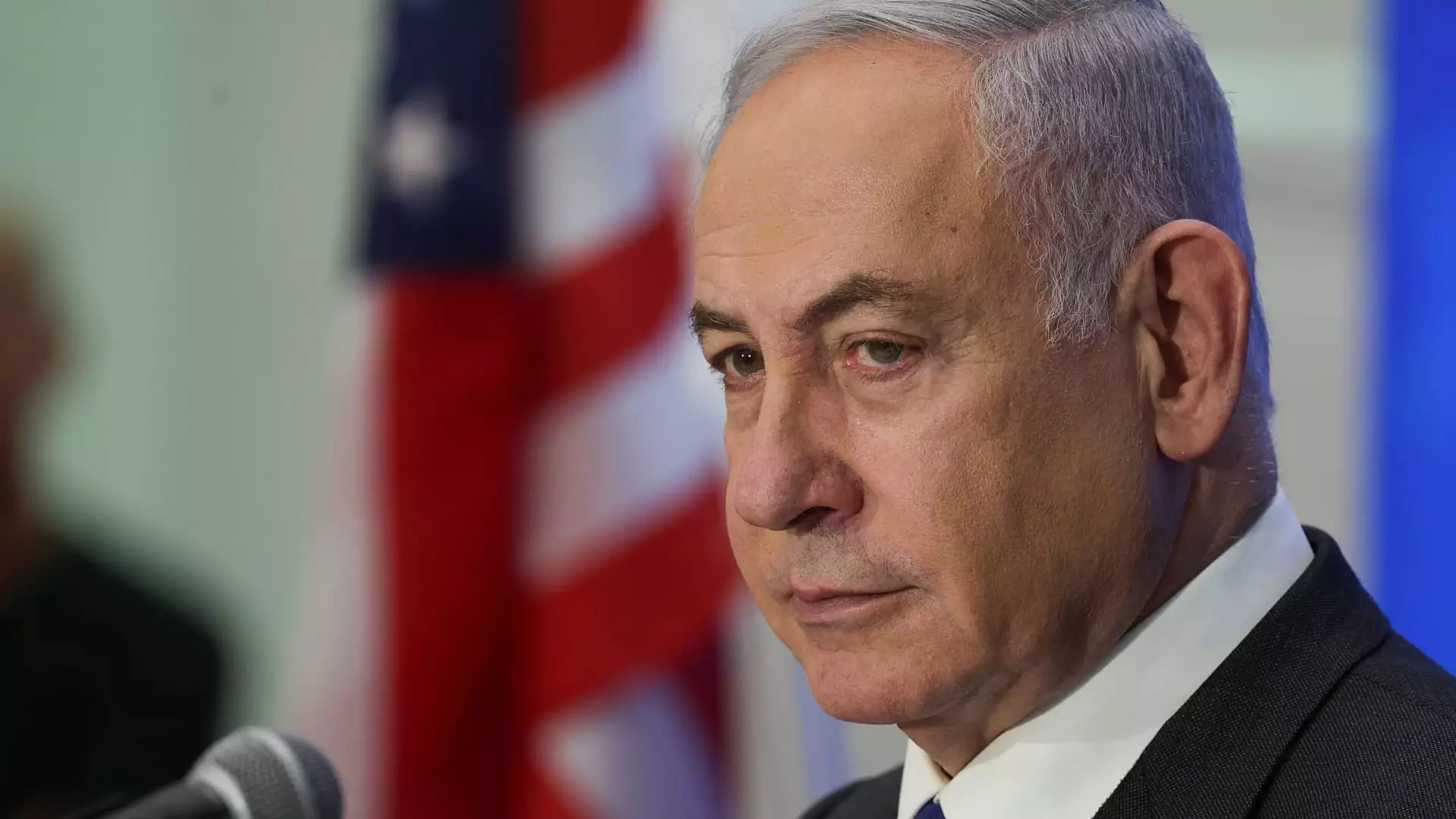Israeli Prime Minister Benjamin Netanyahu’s decision to cancel the delegation to Washington came as a response to the United States abstaining from vetoing a U.N. Security Council proposal calling for a ceasefire in Gaza. He deemed Washington’s failure to block the proposal as a setback that would hinder efforts against Hamas and the release of hostages in Gaza.
The U.N. Security Council voted in favor of an immediate ceasefire between Israel and Hamas, as well as the unconditional release of hostages. The United States abstained from the vote, leading to speculations about a change in American policy. However, the White House denied any policy shift and reiterated its commitment to ongoing discussions with Israel.
The cancellation of the high-level delegation’s trip to Washington raised concerns about the strained relationship between Israel and the United States. While the White House expressed disappointment, it emphasized the importance of having a comprehensive dialogue about alternatives to a ground offensive in Rafah. The decision by Netanyahu was criticized by parliamentary opposition leader Yair Lapid, who accused him of prioritizing political agendas over diplomatic ties.
The fallout from Netanyahu’s decision highlights the delicate balance in Israeli-U.S. relations, particularly in times of conflict. The tensions over the UN ceasefire proposal and the subsequent cancellation of the delegation underscore the challenges of maintaining a strong partnership while addressing diverging strategic interests in the region.
The repercussions of the US abstention on the UN proposal for a ceasefire in Gaza have far-reaching consequences for Israeli-U.S. relations. The decision by Netanyahu to pull out the delegation reflects the complexities and sensitivities involved in navigating diplomatic ties during times of conflict. Moving forward, both countries will need to work towards rebuilding trust and finding common ground to address the ongoing challenges in the region.


Leave a Reply